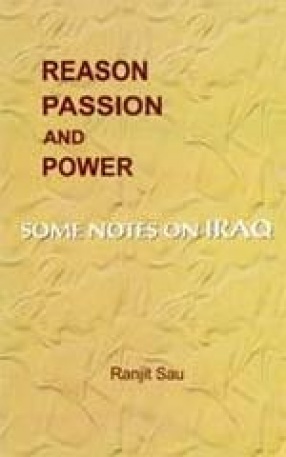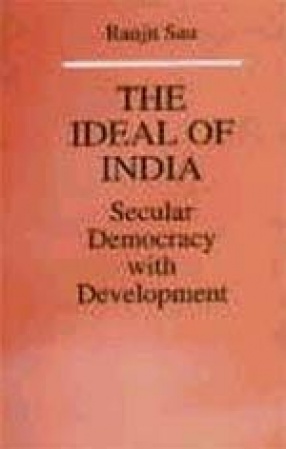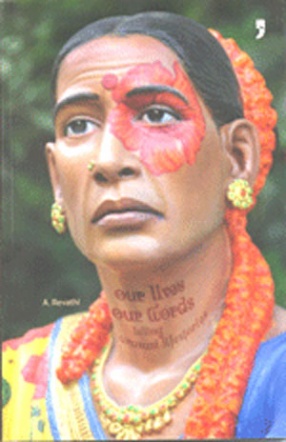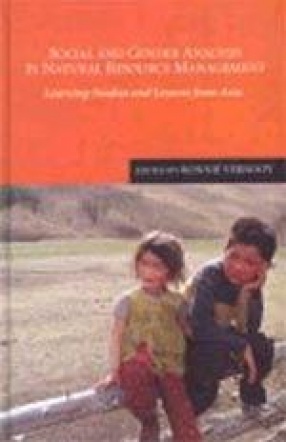Communism was the first of the mass movements in twentieth-century Europe, and the first to flourish in the Muslim countries. Its appeal was widespread. In Indonesia, the largest of the Muslim countries, communism had once swelled into an enormous movement; it did so for a while in Afghanistan and in South Yemen. During the first half of the last century, communism found deep roots in Iraq as well, and became part of a Pan-Arabist movement led by the Arab Baath Party. Baath socialism was an uneasy mix of the extreme left and the extreme right. In the Baathi myth, there was one people of God, and that one happened to be the Arabs. But the ideologues of Baathism were deeply worried about the Arab mind being corrupted by the influence of Western ideas; so they took the realm of thought as the prime battleground for supremacy, advancing their purported arguments in terms of a particular religion. In the aftermath of the Cold War, capitalism has become a global mode of production, for which oil is a most critical input. Iraq has the second largest country is first depleting its own meager domestic resources. While the Baathists invoked a particular theology to resurrect the Arab Empire of the yore, the dominant capitalist power cited the name of democracy in its conquest of Iraq. This book reckons that world history proceeds with the contradiction between the mode of production and the mode of reflection. Marx has given the laws of the former; and kant has enunciated a theory of the latter. Religion resides in and controls the people’s mode of reflection. Today the world witnesses two hegemones, one ruling over the sphere of production, the other claiming authority over the domain of religious reflection. Paradoxically, these two hegemons have entered into a coalition, which cannot but be unstable. So the world system is yet to find a viable equilibrium. Under the circumstances, the reconstruction of Iraq into a free, independent, sovereign democracy would face four basic issues, namely, the legitimacy of democracy, the place of religions, social and economic freedom of the individual, and the umma. This book makes an attempt to provide corresponding landmarks for a possible constitution of Iraq.
Reason, Passion and Power: Some Notes on Iraq
In stock
Free & Quick Delivery Worldwide
reviews
Bibliographic information
Title
Reason, Passion and Power: Some Notes on Iraq
Author
Edition
1st ed.
Publisher
ISBN
817074265X
Length
vii+126p., Figures; Tables; Notes; Bibliography; Index; 23cm.
Subjects








There are no reviews yet.